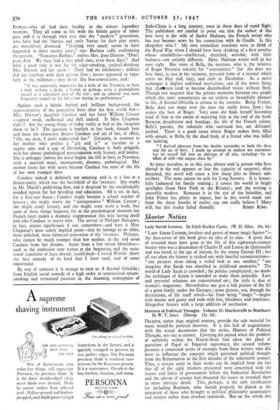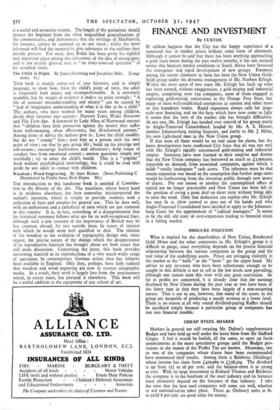DIGESTS, rather than original sources, provide the sole material for
many would-be political theorists. It is this lack of acquaintance with the actual documents that the series, Masters of Political Thought, sets out to correct. Covering the period when the problem of authority within the Nation-State had taken the place of questions of Papal or Imperial supremacy, the second volume presents a connected series of excerpts from those writers who did most to influence the concepts which governed political thought from the Reformation to the first decades of the nineteenth century. Thus, a certain unity in their works can be implied from the fact that all of the eight thinkers presented were concerned with the nature and limits of government before the Industrial Revolution and the advent of science had obscured the issues or revealed them in more intricate detail. This, perhaps, is the only justification for including Bentham, who should properly be placed as the precursor of those who brought to political philosophy quantitative and relative rather than absolute standards. But on the whole this is a useful and attractive volume. The length of the quotations should protect the beginner from the often unqualified generalisations of the commentaries, and demonstrate that the .writings of Machiavelli, for instance, cannot be summed up in one word ; whilst the more informed will find the material to give substance to the outlines they already possess. For once, also, Bodin has been given his rightful and important place among the elaborators of the idea of spverfignty, and is not merely glossed over as "an ivory-towered spectator" of his troubled times.



































 Previous page
Previous page